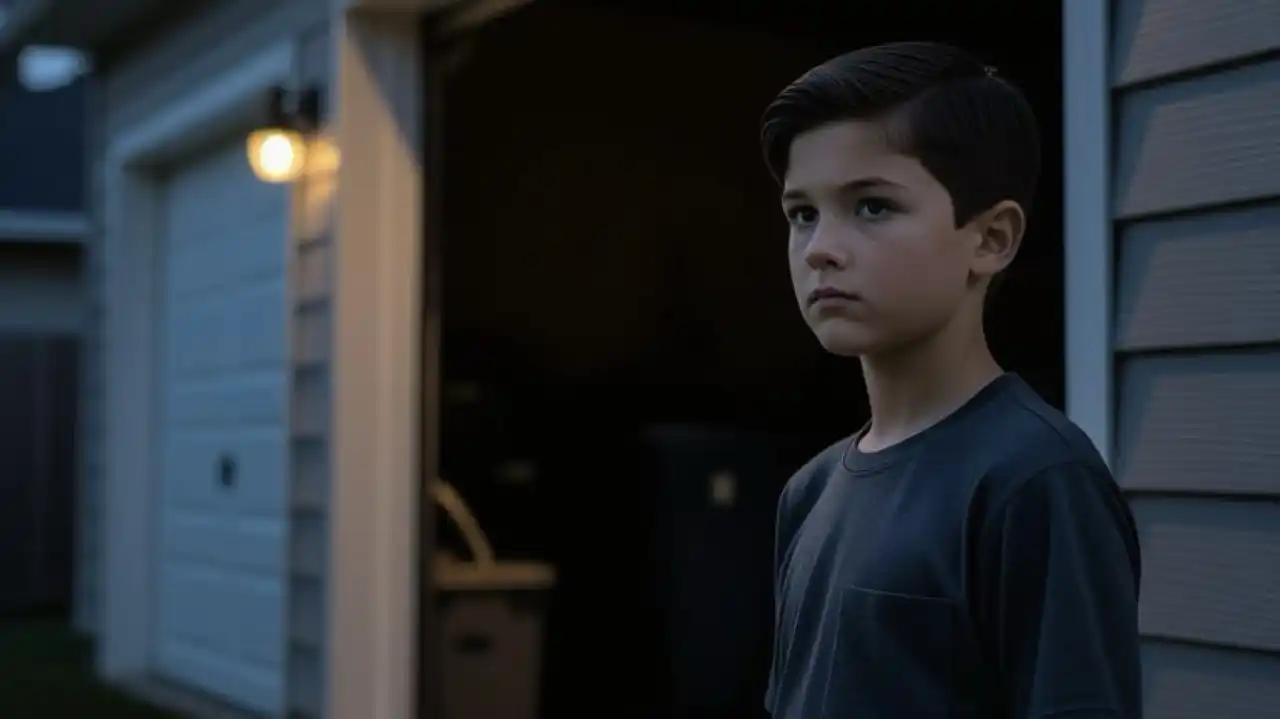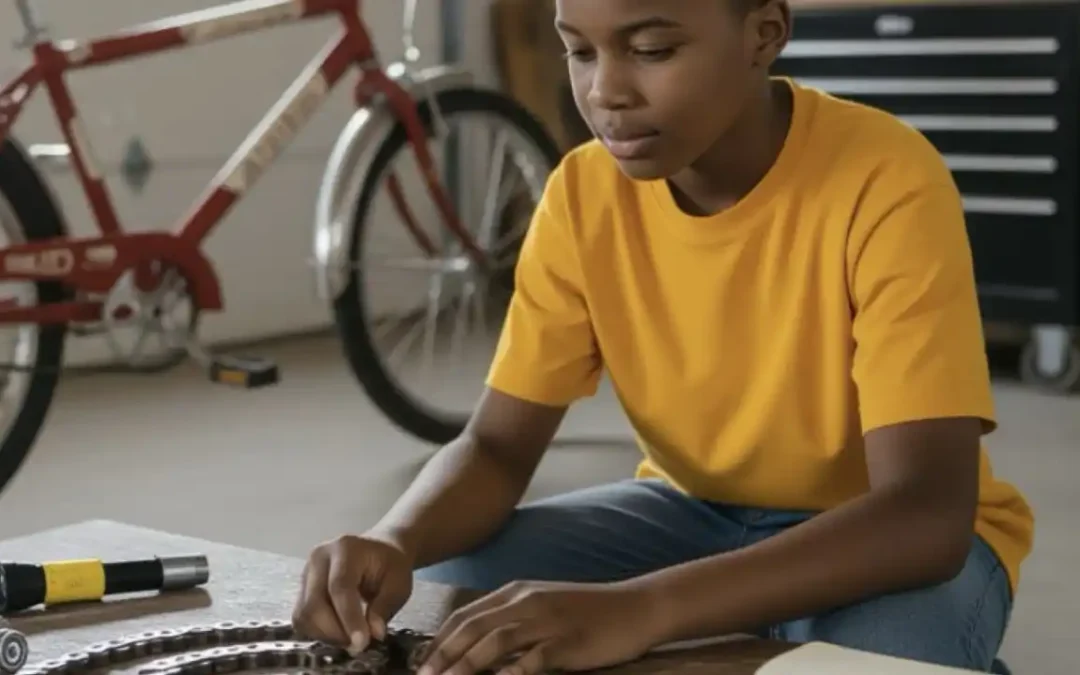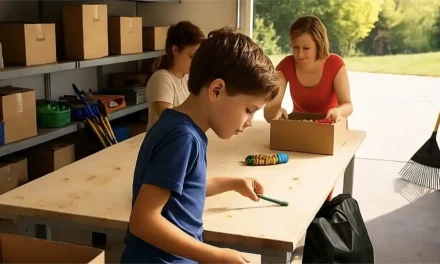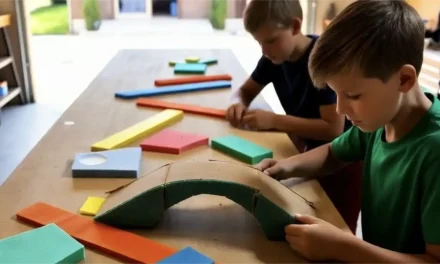
Facing the Unknown: Soften Their Fears
F
ear shrinks the world. A new sound, a dark hallway, a looming task—suddenly, a child’s mind tightens. In that grip, curiosity fades and questions vanish. You don’t have to banish fear to help them grow. You just have to stay beside them. When kids learn that fear can be felt and faced, not fled from, they start to expand again. Paris’s cafés weren’t always cozy—ideas clashed, tensions rose—but people stayed. And stayed open. The next time your child pulls back, ask gently, “Want me to face it with you?”
One evening, my son froze outside the garage. The lights were off, the air still. “Something’s in there,” he whispered. I didn’t wave it off or force him forward. I stood next to him and said, “Let’s listen.” We did. A faint rustle. “Leaves?” he guessed. I nodded. We walked in together. He didn’t need a lecture about bravery—just space to return on his own terms. The next day, he opened the door by himself. Not because the fear was gone, but because he’d met it without being alone.
When fear surfaces, slow everything down. Sit with it. You don’t have to name it right away or fix it quickly. Just ask if they want you near. For some children, talking helps. For others, it’s silence, breath, or a flashlight. Let them guide how they reenter. The point isn’t to remove fear—it’s to prove it’s not in charge. That kind of calm, offered steadily, becomes a memory they carry into future storms.
Facing the Unknown

Facing the Unknown: Tie Whys to Places
Connect children’s big questions to real environments—museums, parks, cities. Learning becomes vivid when curiosity meets the world.

Facing the Unknown: Protect Their Wonder
Preserve children’s spark of curiosity. Limit pressure and distraction to keep learning joyful, imaginative, and meaningful.

Facing the Unknown: Nurture Their Nerve
Confidence grows when children attempt difficult things. Encourage small risks that build mental strength and bold self-expression.
Table of contents

Primordial Soup for the Mind: Navigation
Navigate the book Primordial Soup for the Mind.
TIPS
- Share guesses to spark joy.
- Ease doubts to fuel curiosity.
- Track whys to deepen their gaze.
ACTIVITIES
- Toy Guess: Share a playful why with a toy, ease their doubt—10–15 min
- Science Muse: Explore a bigger why with your teen, welcome their take—10–15 min
- Why Jot: Write a question in a journal, revisit it later—10–15 min
TOOLS
Courage Journal, Why Chart

Download “Primordial Soup for the Mind: A Parent’s Guide to Nurturing Intellectual Growth”
Enter your information to get this article and hundreds more as part of the FREE book Primordial Soup for the Mind.
Share your thoughts with the Thought Academy community in the Comments section below.

Sharpen those skills!
Enter your information to get our FREE practice exercises so you can hone your critical thinking and reasoning skills!







0 Comments